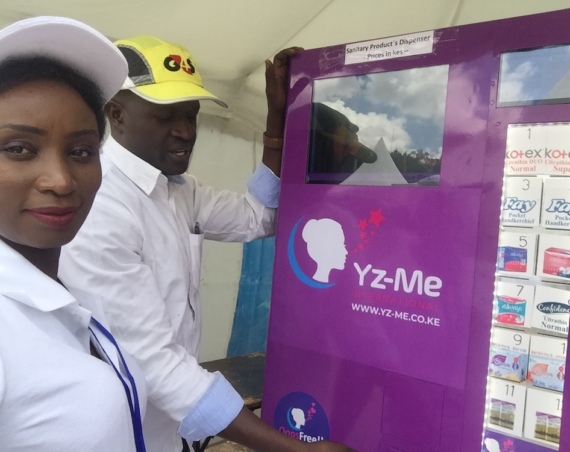
Paxman has announced the publication of the largest real-world study on scalp cooling to date. The study, known as the Dutch Scalp Cooling Registry, spans 13 years and includes data from 7,424 patients across 68 hospitals in the Netherlands. The findings, published in The Oncologist, provide crucial insights into mitigating chemotherapy-induced alopecia (CIA) and solidifying the understanding of factors that contribute to the success of scalp cooling treatments.
The registry evaluates 24 chemotherapy regimens and considers various patient factors such as lifestyle, pre-treatment hair characteristics, and patient satisfaction. With 73% of respondents being breast cancer patients, the study offers valuable information on managing one of the most distressing side effects of chemotherapy.
“This is the first time that the patient experience of scalp cooling has been documented on this scale and advocates the importance of the patient perspective for chemotherapy-induced side effect management,” said Toni Brook, Co-author and Postgraduate Research Scientist at The University of Huddersfield.
The Dutch Scalp Cooling Registry continues to be a significant resource for understanding how to improve outcomes for patients undergoing chemotherapy. The recent cohort (2013-2019) also collected additional data on patient characteristics like height, weight, and hair shedding patterns, further expanding the scope of the study.
One of the practical applications of the registry’s findings is Paxman’s Scalp Cooling Outcomes Calculator, an online tool that helps clinicians and patients estimate the likelihood of retaining at least half of their hair during chemotherapy. This tool is based on the experiences of the 7,424 patients involved in the study and aims to set realistic expectations for hair retention when using scalp cooling treatments.
The research highlights how scalp cooling offers cancer patients a non-invasive way to manage chemotherapy-induced alopecia, a side effect that can significantly affect their self-image. By reducing scalp temperature during chemotherapy, the Paxman Scalp Cooling System works to minimize the damage to hair follicles, helping patients retain their hair and, as a result, their sense of normalcy during treatment.
Paxman’s technology is used in 65 countries by over 100,000 patients. Their cold cap technology focuses on reducing the temperature of the scalp by a few degrees before, during, and after chemotherapy, which in turn lowers the uptake of chemotherapy drugs in the hair follicles. This helps reduce the rate of hair loss and speeds up regrowth after treatment.



